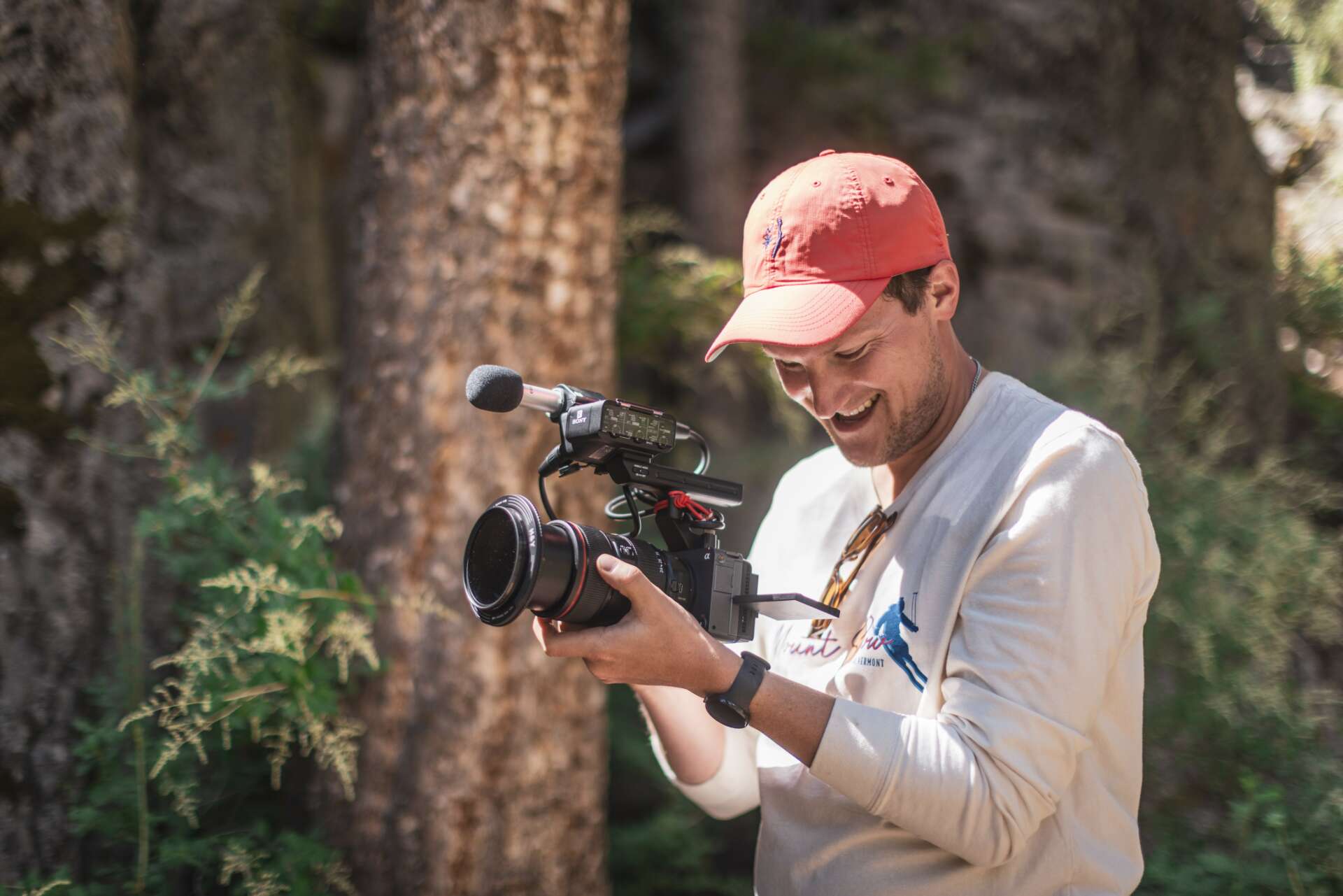We recently connected with Kevin Loiselle and have shared our conversation below.
Kevin, appreciate you joining us today. Can you talk to us about how you learned to do what you do?
I learned more about filming and editing on my own than I did from school. Even during my college film courses, I learned more outside of the class/lecture time than in them. The film program and courses were excellent at two things: connecting me with other students interested in film, and teaching me the principles of storytelling. It was on me to learn the actual skills of operating a camera and editing for my class projects. I think if I had a book that served as a glossary of all the different technical terms for specific edits or camera techniques, I could have learned it all quicker than I did. When I was teaching myself, sometimes I didn’t even know what search terms to use to find a tutorial on how to create a particular effect in editing.
The most essential skill for film and video is the ability to understand storytelling. Whether you want to persuade a viewer to buy something or entertain an audience, you need to successfully tell a story. Without a story you will lose your audience. In order to learn more, I knew I had to surround myself with people who were also passionate about storytelling through video, and so that’s what I did.
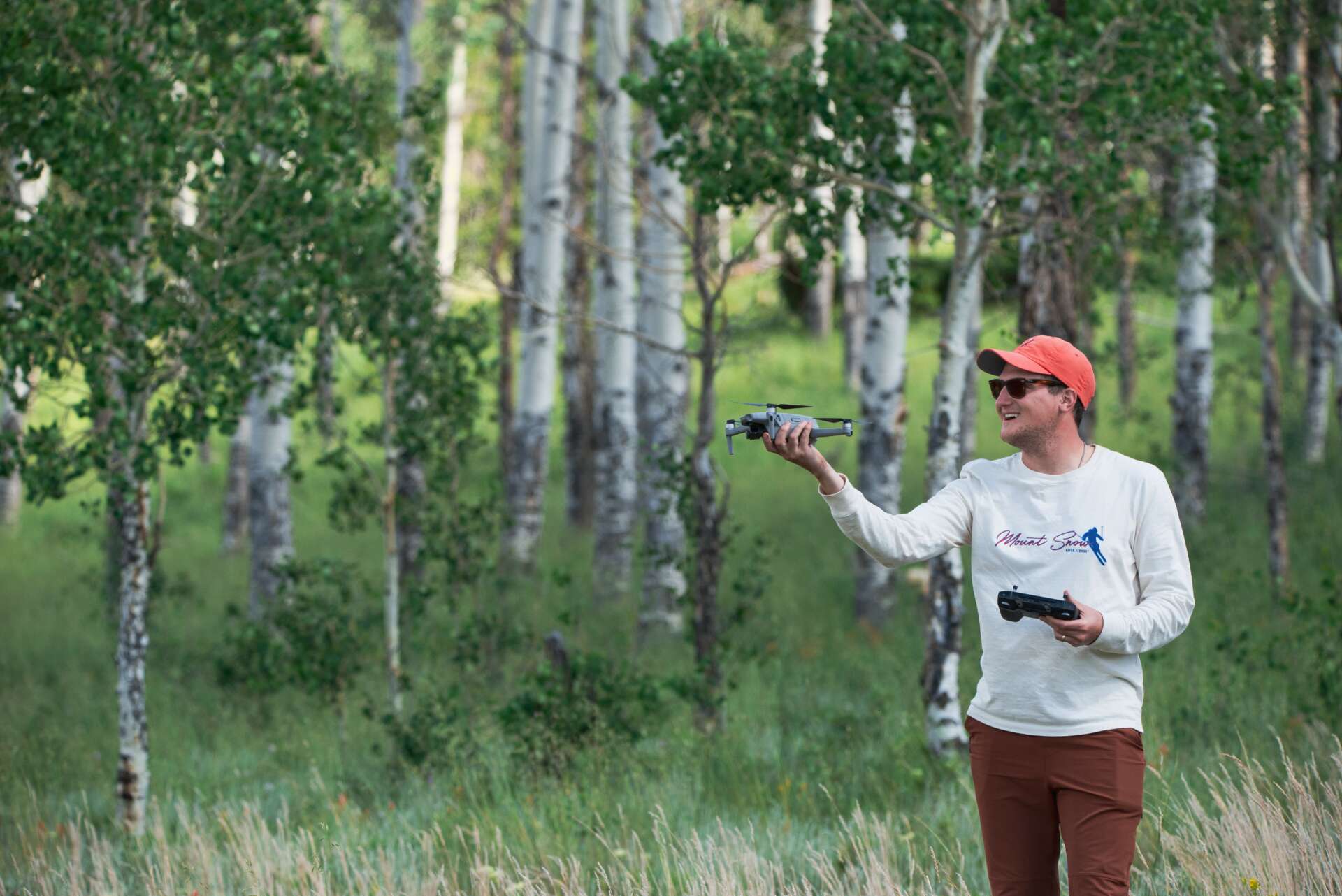
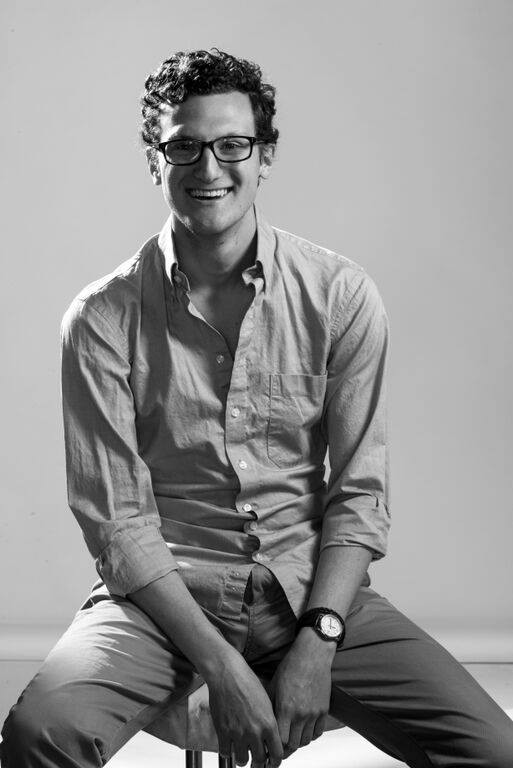
Great, appreciate you sharing that with us. Before we ask you to share more of your insights, can you take a moment to introduce yourself and how you got to where you are today to our readers.
After earning a BA in film production & design from Indiana University, I worked for a couple production houses that specialized in wedding films and marketing videos for businesses. As an independent videographer, I provide full video production services to commercial clients. That means if you work with me, I can help you develop a video entirely from concept to post-production. If you have your own video idea for your business, but don’t know how to produce it, I can. I specialize in videos for e-commerce pages, branding videos that can be used for company websites, narratives for sponsored ads, and social media content. I believe what sets my work apart from others is my focus on the story and the audience. There are a lot of flashy cameras, tools, and fast paced editing that may look cool, but that’s not always what will capture the attention of a client’s desired audience. I pride myself with making production choices in service to the story first, and trying to think outside of my own personal experience and perspective.
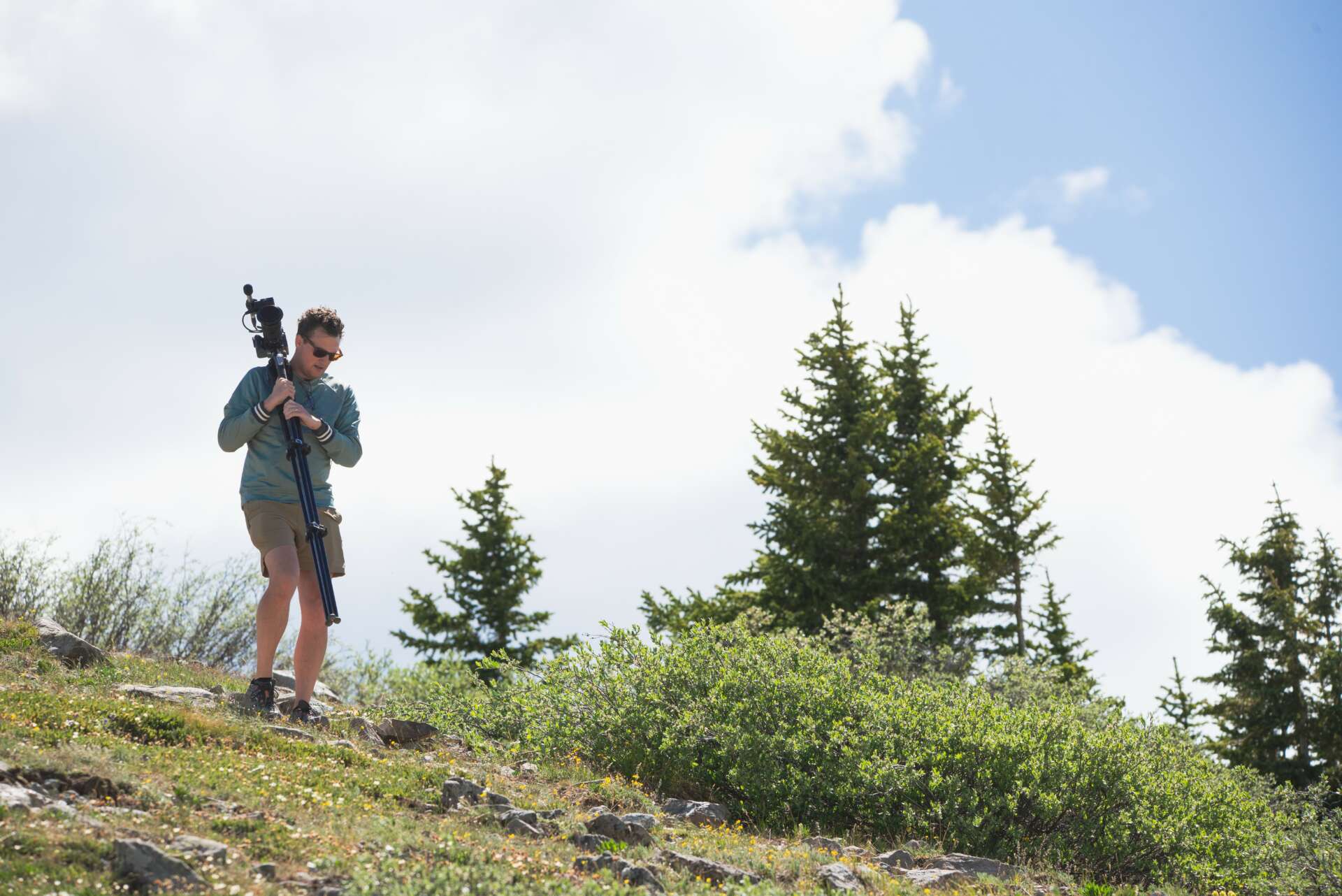
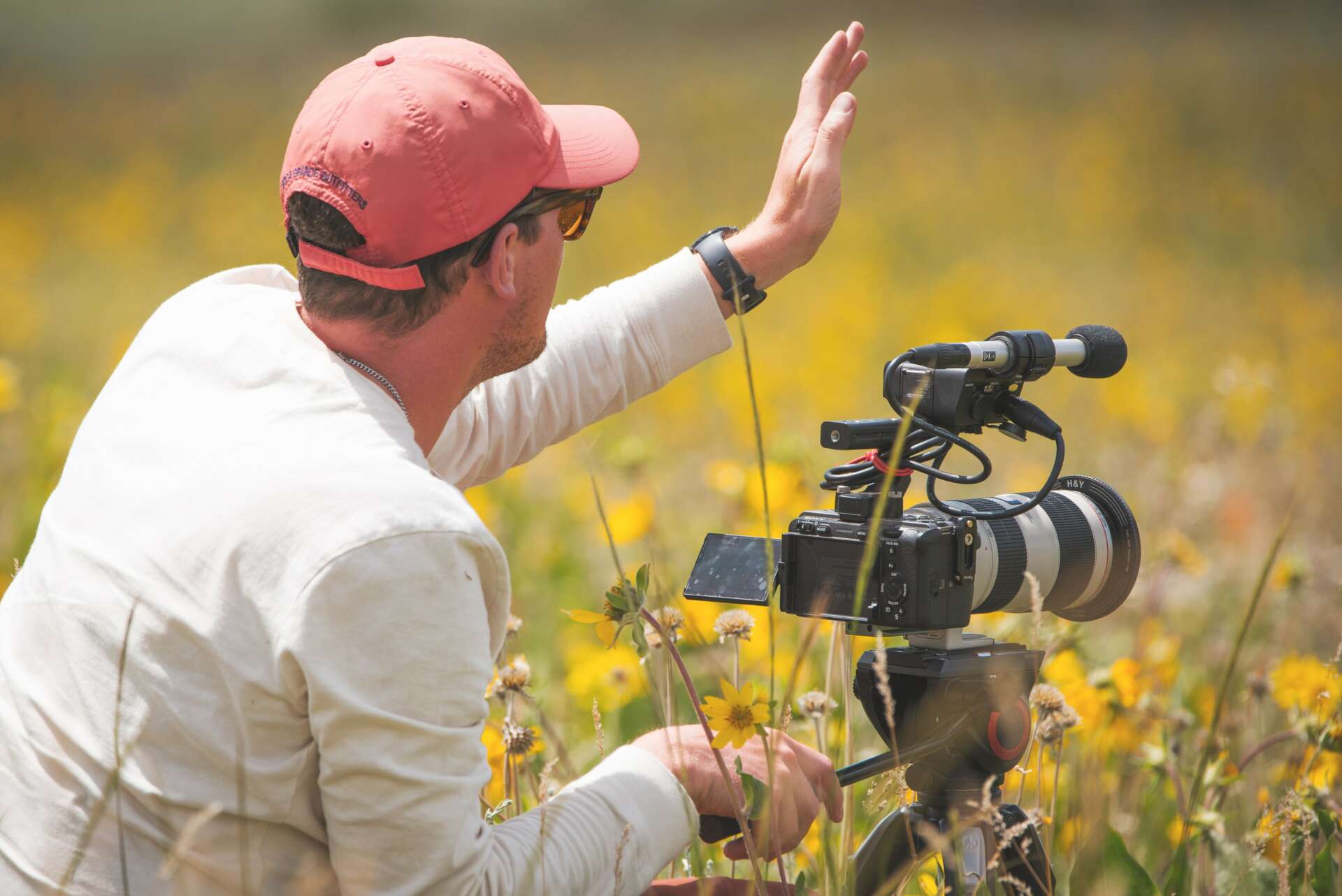
Is there something you think non-creatives will struggle to understand about your journey as a creative?
There’s a common phrase in the film industry that I think sums up what non-creatives “struggle to understand”. It goes something like this, “If you’ve done everything right, nobody will know you’ve done anything at all.”
This phrase is applicable for non-creatives and especially people who are not familiar with video/film production. Some people don’t think about how much really goes into the creation of a video or film, and how much time film professionals have put into perfecting their craft. Camera operators do more than just hit record. Some may be surprised to hear that the audio in a video/film is not from the camera, but actually hundreds of separate sounds recorded elsewhere. Hardly anything is filmed in a real location and so sets need to be built. The lighting is always intentional, even if it appears natural. The list of things that go unnoticed in production could go on forever.
Being a solo videographer, I have had to learn how to perform many tasks that would be divided amongst a larger team of people for feature length films. Just because the work that I produce is a shorter format doesn’t mean those tasks would be ignored. A short video still goes through the process. For this reason, a videographer typically will cost more than a photographer or perhaps even a graphic designer making a single logo. When a client hires a videographer, they are paying for a longer series of tasks, and so there are a lot more hours that go into a video.
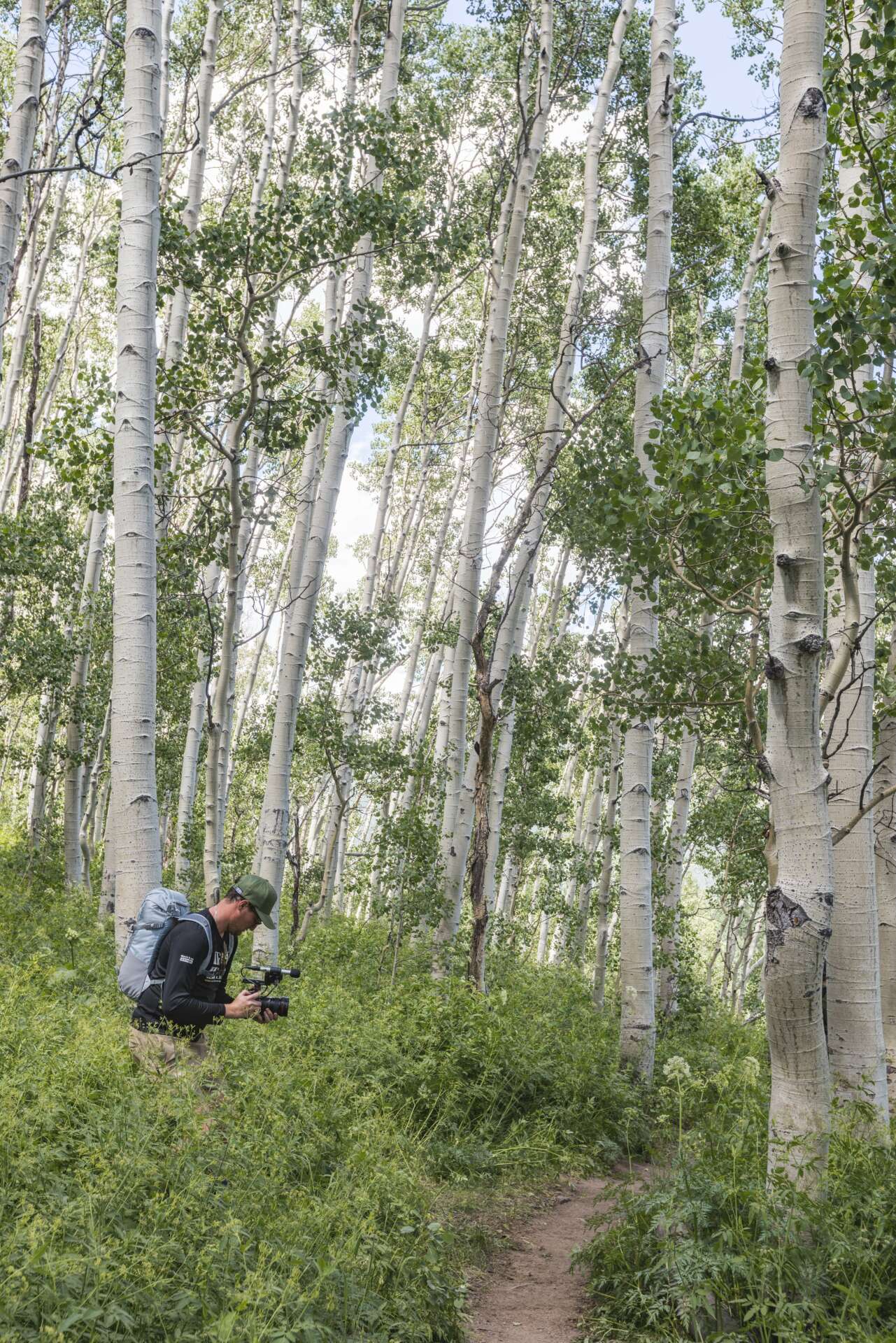
For you, what’s the most rewarding aspect of being a creative?
The most rewarding aspect for me is seeing a satisfied client’s first viewing of their video. That initial reaction always makes the hours spent working on a project worth it. As much as I try to keep an objective POV when working on a client project, there’s still a small part of myself in all my work. Second to that, it’s very rewarding to get a client email a few weeks after the video has gone live stating how much of an impact the video has had on their business. My primary goal with all my video work is to make a real impact and affect change.
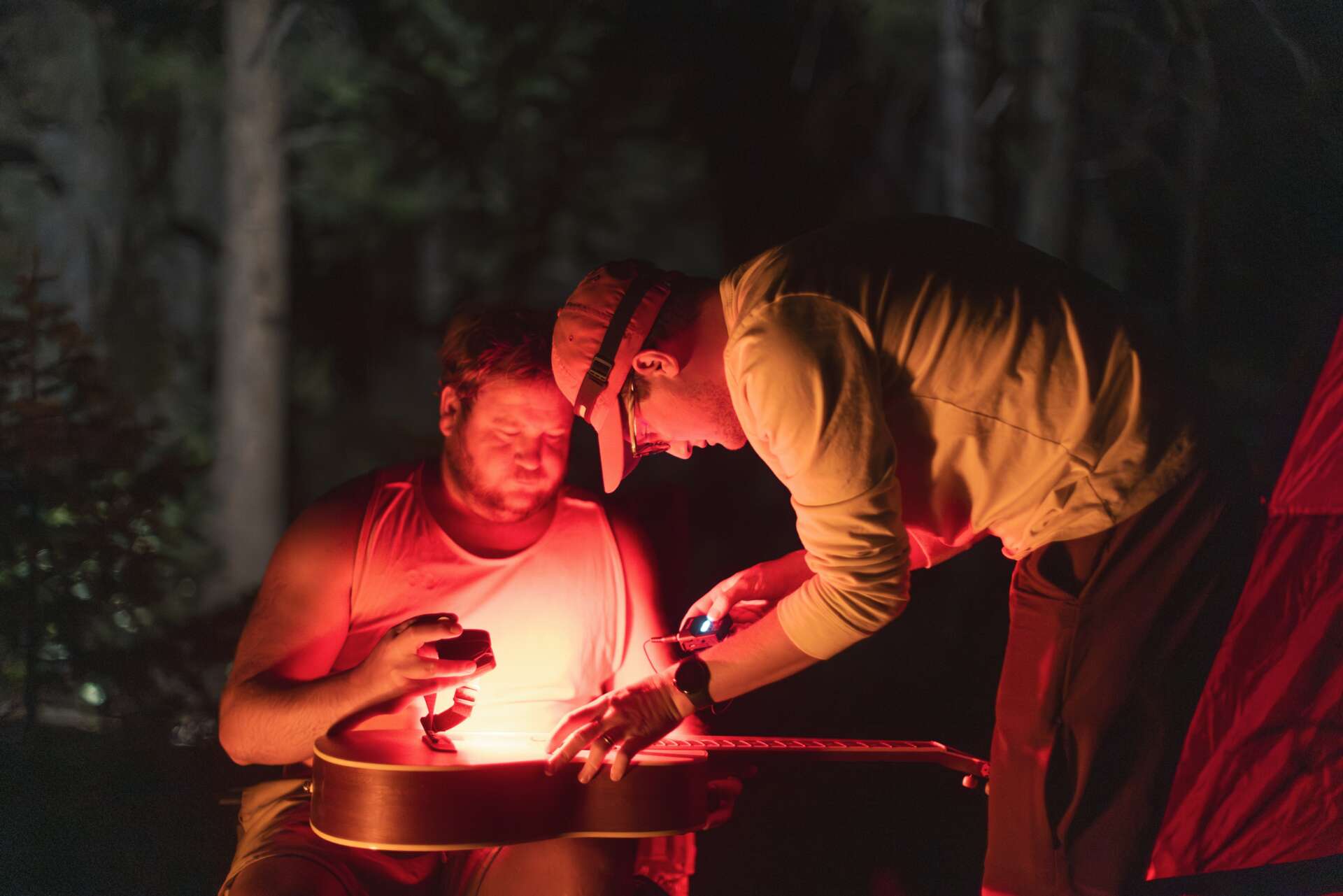
Contact Info:
- Website: https://www.kevinmade.com
- Instagram: https://www.instagram.com/kevinmadefilms/
- Linkedin: https://www.linkedin.com/in/kmloisel/
- Youtube: https://www.youtube.com/c/kevinmadefilms
Image Credits
Jason Weller, Carly Secrest, Beking Joassaint


